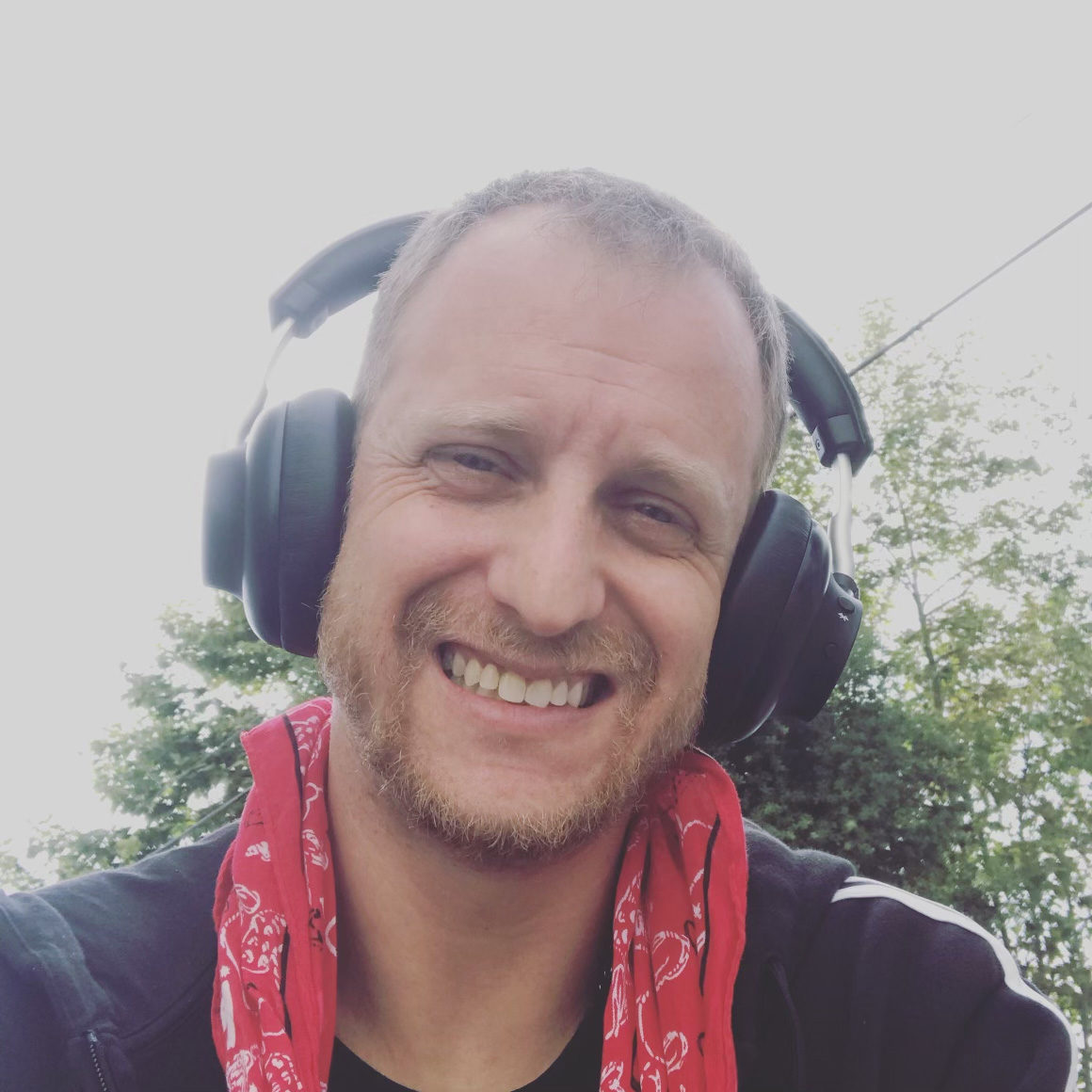By: Nathan R.
Kyle P, a recent resident who is now an employee at Beit T’Shuvah, found himself at a crossroads this time last year. He was living in Israel and was recently estranged from his wife and young son. His father had seemingly recovered from being in a coma, only to pass away just days after awakening. “Experiencing that really fucked with me, so I used pretty heavily for the next few days,” says Kyle. His brother flew out from Los Angeles for their father’s funeral, and Kyle was loaded the entire time. “A week after my dad died, I signed divorce papers. Two days later I gave up custody of my son. A week later I became homeless.”
Strung out on opiates, Kyle was finally finished. “I made a commitment to myself. I don’t want to live like this anymore. I literally lost everything.” He called Beit T’Shuvah, started the intake process over the phone, and was soon on a flight back to Los Angeles to be admitted.
Kyle’s introduction to opiates is a familiar story. Although he had smoked weed and drank alcohol throughout high school, it wasn’t until he was prescribed Vicodin for pain after dental surgery that he realize his powerlessness over using. “Oh my God, this is what it feels like to be God.” He finished the prescription of 30 pills within a few days, and played up his pain symptoms to get a refill.
Within a week, Kyle discovered that he had built up a tolerance to and dependence on the painkillers. “I knew it was an issue when I was waking up at 7:00 AM and immediately taking Vicodin.”
Within a few years, Kyle was consuming handfuls of pills a day. “On a good day, I was taking 50 or 60 pills, depending on what it was.” He supported this sizable habit by pilfering from his stepdad, who was a doctor, and handouts from sympathetic family. He also started abusing his bank accounts to buy pills, transferring money to friends via online poker sites, then claiming the transfer was unauthorized.
Kyle first found Beit T’Shuvah in 2011 through a family friend. By this time, he could barely work and was experiencing drug-induced psychosis. “When I came in, I was full of shit. I thought I was a badass.” He stayed here for 11 months and continued to abstain from drugs and alcohol for another five years after leaving. He wasn’t working any kind of program those years, which resulted in intolerable psychic pain. “I was very selfish and miserable inside. Deep down I was still missing something and part of me knew I wasn’t done.”
At the end of those five years, Kyle made aliyah to Israel. Over there, he realized he could take advantage of his outsider status. “I realized no one here knows how much of a drug addict I am.” He started a cleaning business and was working a job when he fell from a ladder and injured his knee. When the doctor offered him Percocet for the pain, he played naive, got the prescription and immediately fell back into his old behavior. “I wanted to make sure I felt them, so I doubled my dose. When I swallowed those pills, I knew it was over. I was gone.”
Kyle spent the next four years getting loaded. “I got married high, had my kid high.” One memory is particularly painful for him: “On the day my son was born, I was in the hospital waiting outside the delivery room. I stepped away to go to the pharmacy to cop pills, so when he was born I was high.”
Kyle returned to Beit T’Shuvah in bad shape. “I came in 30 pounds less than what I am now. I was sucked up. I was gray. I didn’t have any social skills.” He slowly discovered what was behind his communication difficulties. “I would go to group and rant about my roommate smelling, but it was actually that I didn’t know how to deal with my dad’s death or my divorce or being away from my son.”
Eventually, Kyle became uncomfortable enough to make changes. “I told myself I needed to chase my sobriety like I chased my addiction.” He found a sponsor and started working the steps. He also reached out to the clinical staff here. “I got close with the Program Facilitators. I would get honest and tell them everything, even when I broke rules in the house.”
Over time, as Kyle stayed honest and transparent, his efforts were recognized with more trust given to him. Staying in action and service is a cornerstone of his recovery today. Among other projects, he’s started a weekly AA meeting, More on Mondays, and spearheaded a cleaning detail for the quarantine rooms. He’s also very involved with Moms in Actions. “I make sure new residents get a welcome bag with snacks, toiletries, and other essentials donated by Moms in Action.” This commitment to service is one of the reasons he chooses to live on-campus as an employee. “I’ve gone through the program, and I feel like I naturally can take a leadership role.”
Kyle has also taken action to repair his relationship with his family. “Today, my son is in my life. I talk to him every day. My ex-wife and I are in couples therapy.” Looking forward, Kyle wants to return to Israel to bring his ex-wife and son back to the United States to live.
Although he currently works full-time as the driver here, he wants to return to clinical work, and he’s in school for his certification. “I believe I was put here to help people. And that’s just as important for me. I was selfish for so long and it’s time for me to give it away.”
